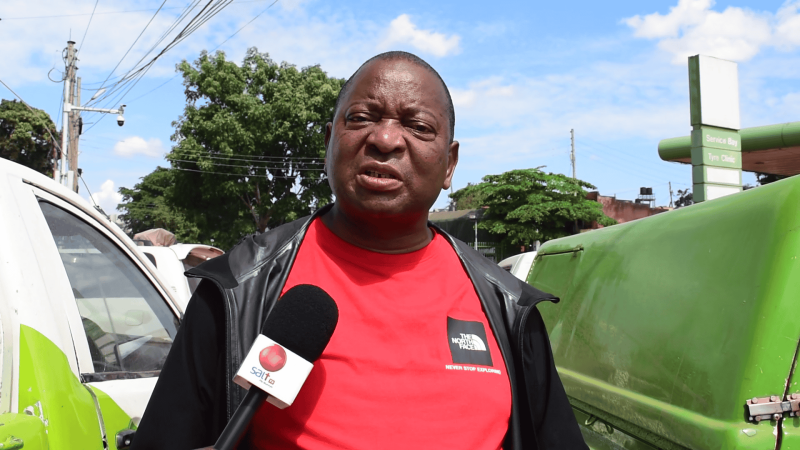Kampala, the capital city of Uganda, holds significant economic and political importance. However, its appearance does not reflect the image of a modern city, largely due to poor environmental management.
Compared to other major cities in East Africa—such as Kigali in Rwanda, Nairobi in Kenya, and Dar es Salaam in Tanzania—Kampala lags behind. These cities have prioritized urban planning and environmental sustainability, making them cleaner and more organized.
But when you return to Kampala, the question arises: What have its leaders done? The city is drowning in filth—piles of uncollected garbage, poorly maintained green spaces, and reckless dumping in wetlands. Environmental neglect has turned Kampala into a cautionary tale.
Three years ago, the Kampala Capital City Authority (KCCA) launched the Kampala Greening Initiative, aimed at planting trees across the city. However, progress has been slow. Out of 10,000 trees pledged by businessman Hamis Kiggundu for the campaign, only a few were planted, and many have since withered.
This situation has sparked criticism toward leaders from Kampala’s five divisions, with many blaming KCCA for failing to enforce environmental policies.
Lubaga Division Speaker, Musah Mbaziira, argues that KCCA’s main problem is poor planning. "They implement policies without properly educating Kampala’s residents on how to participate," he says.

Last month, KCCA began arresting residents, including prominent figures, dumping waste in wetlands and degrading the city’s environment.
Kawempe Mayor, Dr. Emmanuel Sserunjogi, acknowledges the challenges but insists efforts are being made.

We haven’t completely given up on Kampala’s environment, but the public must also take responsibility. Even the government has not provided enough support to the city."
Some argue that stronger laws and enforcement are needed. "If we want a clean city, there should be no exceptions—everyone must comply," says one activist.
Meanwhile, frustration grows among residents as drainage channels remain clogged due to KCCA’s failure to collect garbage regularly. Some, like businessman Hamis Kiggundu, have mobilized youth groups to clean up the city—planting trees and clearing waste—but they claim KCCA has not supported their efforts.
KCCA’s Executive Director, Sharifah Buzeki, maintains that the authority is committed to improving the environment.
When it comes to environmental protection, there is no compromise.
However, many residents blame KCCA for poor leadership, accusing officials of making plans but failing to implement them effectively.
For now, Kampala’s struggle continues, with its people caught between neglect and the hope for a greener future.













